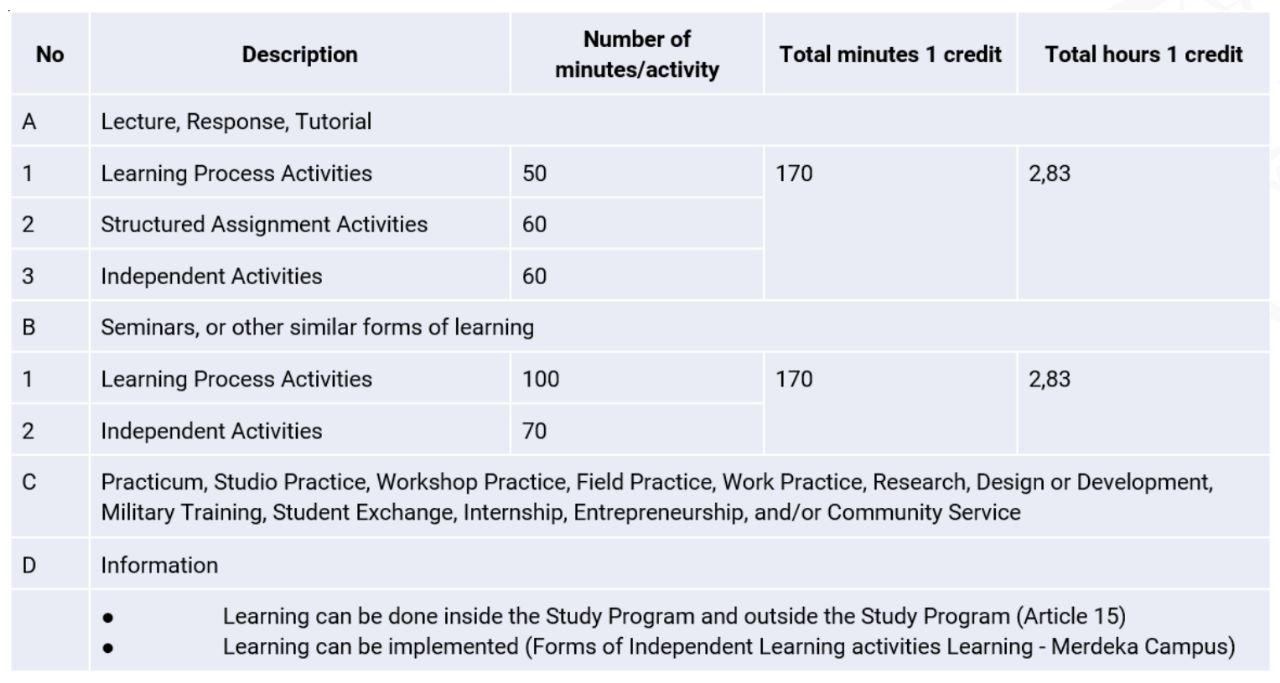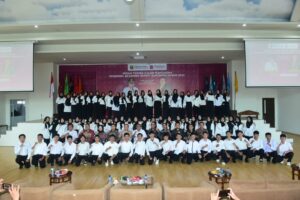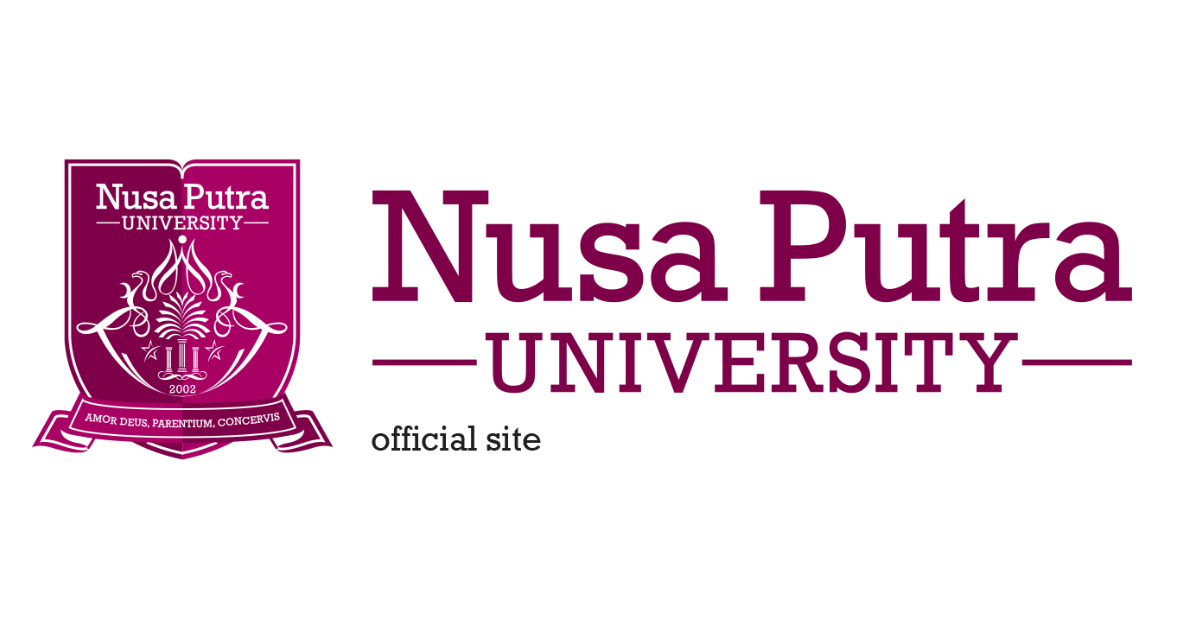- ABOUTAbout UsCollaborationInternational ProgramStudy Indonesia Program (SIP)Abroad Internship Program (AIP)Summer Course ProgramDouble DegreeEnrichment ProgramInternshipHumanitarian ProjectIndependent Study of Project
- ACADEMICS
- RESEARCH

- Information
- AdmissionsUndergraduate ProgramUndergradute SchoolarshipPostgraduate ProgramPostgraduate Schoolarship
EN
Home » Academic » Faculty of Business and Humanities (FBH) » Elementary Teacher Education
Elementary Teacher Education
- Overview
- Vision & Mission
- Career
- Curriculum
- News
Overview
The development of community life in the current global era demands universities to reoriented reforms in the education system and social balance. This is the most important part of higher education as a teaching institution, knowledge creator and efficient provider in improving people’s welfare and the nation’s competitiveness. Thus, various study programs must strive to improve the quality of education for the community. One of them is the Elementary School Teacher Education Study Program, which is the first education program at the University of Nusa Putra which is still a member of the Faculty of Business and Humanities (FBH). The Nusa Putra University PGSD study program received an operational permit on February 8, 2018 along with the Decree of the Ministry of Research, technology and Higher Education Number: 108 / KPT / I / 2018 concerning the Change of Form of the Nusa Putra Technology College to Nusa Putra University.
The PGSD Study Program at the beginning of the admission of new students, the public interest was very high, almost matching the favorite study programs at that time, namely informatics engineering and management study programs. This is a challenge in itself for the PGSD study program to provide the best service for the community.
The teaching resources of the PGSD Study Program are filled by several lecturers according to their expertise. The ability of the disciplines referred to is related to 5 basic disciplines of elementary schooling, namely Science, Social Sciences, Indonesian Language, PPKn, and Mathematics.
Vision
"To become a primary school teacher education provider that excels in moral education and basic literacy through science, social, language and arts studies to produce graduates who are adaptive to developments in science and technology and are globally competitive by 2042"
Mission
- Carry out education that the integrity and professionalism of students in mastering educational theory and practice.
- Carry out innovative and sustainable research that is oriented towards strengthening the concept of education and solving basic education problems.
- Carry out community service that contributes to increasing social competence and improving the quality of basic education.
- Fostering the quality of individual educators with integrity, culture and competitiveness locally and globally.
- Improving the supporting facilities and infrastructure for the implementation of the Tri Dharma of Higher Education in a sustainable manner.
- Expanding partnerships with various parties as an effort to improve the quality of the Elementary School Teacher Education Undergraduate Study Program in implementing the Tri Dharma of Higher Education in a sustainable manner.
Career Prospect of Graduates
- Become a Class Teacher
- Become a Researcher in Education
- Becoming an Entrepreneur in Education
- Educational analyst
Graduate Profile
The graduates of this study program have broad job prospects, mainly to become educators in elementary schools who are able to plan, implement, evaluate and develop education based on their knowledge. Graduates from this study program can also become researchers who are able to solve learning problems, and are able to produce proven learning innovations to improve the quality of learning. In addition, this PGSD graduate can also become an education practitioner in elementary schools who act as mentors, education managers, extra-curricular coaches, media developers and learning resources.
Elementary School Teacher Education (PGSD) undergraduate program is directed to produce bachelor Elementary School Teacher Education who have the following skills:
- Educators in elementary schools who are able to plan, implement, evaluate and develop education based on science, insight, knowledge, and motivation in terms of technopreneur, collaboration, and independence based on Pancasila values that can improve the quality of learning in elementary schools.
- Beginner researchers who are able to solve learning problems, and are able to produce proven learning innovations such as Technopreneur Development in Elementary Schools, Humor Development in Elementary Schools, ICT Development in Elementary Schools,
- Art Development in Elementary Schools, and Public Speaking in Elementary Schools to improve the quality of education in elementary schools.
- Education practitioners in elementary schools who can develop and manage education who act as education consultants, education managers, extra-curricular coaches, media developers and learning resources as well as educators in non-formal pathways equivalent to elementary schools.
| Semester | Kode | Nama Mata Kuliah (In) | Course Name (Eng) | SKS | ECTS | Total | |
| SKS | ECTS | ||||||
| WN10002 | Pendidikan Kewarganegaraan | Civic Education | 2 | 3,2 | |||
| WU11001 | Bahasa Inggris Akademik | English for Academics | 2 | 3,2 | |||
| PG11001 | Pedagogi | Pedagogy | 2 | 3,2 | |||
| PG11002 | Konsep Dasar IPS | Basic Concepts of Social Studies | 2 | 3,2 | |||
| 1 | PG11003 | Landasan Pendidikan | Educational Foundation | 2 | 3,2 | 18 | 28,8 |
| PG11004 | Pendidikan Karakter | Character Education | 3 | 4,8 | |||
| PG11005 | Konsep Dasar Matematika | Basic Concepts of Mathematic | 2 | 3,2 | |||
| PG11006 | Psikologi Pendidikan | Educational of Psychology | 3 | 4,8 | |||
| WN10001 | Pendidikan Pancasila | Pancasila Education | 2 | 3,2 | |||
| WU12002 | Bahasa Inggris Profesi | English for Profession | 2 | 3,2 | |||
| WU12003 | Kenusaputraan | Kenusaputraan | 1 | 1,6 | |||
| PG12001 | Perkembangan Peserta didik | Student Development | 2 | 3,2 | |||
| PG12002 | Bahasa Indonesia di Kelas Rendah | Indonesian in Low Class | 2 | 3,2 | |||
| 2 | PG12003 | Konsep Dasar IPA | Basic Concepts of Natural Science | 2 | 3,2 | 19 | 30,4 |
| PG12004 | Pembelajaran Matematika di SD | Mathematics Learning in ElementarySchool | 3 | 4,8 | |||
| PG12005 | Filsafat Pendidikan | Educational of Philosophy | 2 | 3,2 | |||
| PG12006 | Pembelajaran IPS di SD | Social Learning in Elementary School | 3 | 4,8 | |||
| WN20004 | Agama dan Etika | Religion and Ethics | 2 | 3,2 | |||
| PG21007 | Bimbingan dan Konseling di SD | Guidance and Counseling inElementary School | 3 | 4,8 | |||
| PG21008 | Manajemen Pendidikan | Educational Management | 3 | 4,8 | |||
| PG21009 | Inovasi Pembelajaran Berbasis TIK | ICT-Based Learning Innovations | 3 | 4,8 | |||
| 3 | PG21010 | Telaah Kurikulum Sekolah Dasar | Elementary School CurriculumReview | 3 | 4,8 | 23 | 36,8 |
| PG21011 | Bahasa Indonesia di Kelas Tinggi | Indonesian in High Class | 3 | 4,8 | |||
| PG21012 | Metodologi Penelitian | Research Methodology | 3 | 4,8 | |||
| PG21013 | Pembelajaran IPA di SD | Science Learning in ElementarySchool | 3 | 4,8 | |||
| WN20003 | Bahasa Indonesia dan Budaya | Indonesian Language and Culture | 2 | 3,2 | |||
| PG22007 | Pendidikan Inklusi | Inclusive Education | 3 | 4,8 | |||
| PG22008 | Pengelolaan Kelas | Management Classroom | 2 | 4,8 | |||
| 4 | PG22009 | Perencanaan Pembelajaran danMicro Teaching | Teaching Plan and Micro Teaching | 3 | 4,8 | 21 | 33,6 |
| PG22010 | Evaluasi Pembelajaran | Learning Evaluation | 3 | 4,8 | |||
| PG22011 | Statistika Penelitian Pendidikan | Research Statistics | 3 | 4,8 | |||
| PG22012 | Pembelajaran SBDP di SD | Arts in Elementary School | 3 | 4,8 | |||
| PG22013 | Penelitian Tindakan Kelas | Classroom Action Research | 2 | 3,2 | |||
| PG31017 | Sosiologi dan Antopologi Pendidikan | Educational Sociology and Anthropology | 2 | 3,2 | |||
| PG31018 | STEAM | Sciences, Technology, Engineering, Art, and Mathematics | 3 | 4,8 | |||
| PG31014 | Pendidikan Jasmani dan Olahraga | Sport Education | 3 | 4,8 | |||
| 5 | PG31015 | Etika Profesi Guru | Teacher Professional Ethics | 2 | 3,2 | 23 | 36,8 |
| PG31016 | Pendidikan Bahasa Daerah | Local Language Eduacation | 3 | 4,8 | |||
| PG31018 | Pembelajaran Bahasa Inggris SD | English Learning in ElementarySchool | 2 | 3,2 | |||
| WU30004 | Praktek Kerja Lapangan (PKL/PPL) | Work in Practice | 2 | 3,2 | |||
| - | MK Pilihan: Inti Peminatan | Specialization course | 6 | 9,6 | |||
| FB32001 | Kewirausahaan | Entrepreneurship | 2 | 3,2 | |||
| 6 | WU30005 | Kuliah Kerja Nyata (KKN) | Community Service | 2 | 3,2 | 19-24 | 30,4-38,4 |
| - | MK Pilihan I: MBKM/SCP /Pendalaman | Elective Course I: MBKM/ SCP/ In- Depth | 15-20 | 24-32 | |||
| FB41002 | Filsafat Ilmu | Philosophy of Science | 2 | 3,2 | |||
| 7 | - | MK Pilihan II: MBKM/SCP /Pendalaman | Elective Course: MBKM/ SCP II/In- Depth | 15-20 | 24-32 | 17-22 | 27,2-35,2 |
| 8 | PG40019 | Skripsi | Thesis | 6 | 9,6 | 6 | 9,6 |
| Jumlah | 146-156 | 233.6-249.6 | |||||
Conversion from SKS to European Credit Transfer System (ECTS)

1 credit is equivalent to 170 minutes or 2.83 hours. Each semester consists of 14 meetings. It means, a total of 39.62 hours per semester is obtained. The provision of 1 ECTS is equivalent to 25 hours. To get a Bachelor’s degree, a student must complete a minimum of 144 credits, that is equivalent to 228.21 ECTS. According to European Standard, 3 years lectures program is equivalent to 180 ECTS, and 4 years lecture program is equivalent to 240 ECTS. The number of lectures at FECD-UNSP is 228.21 ECTS, meaning that it meets European standards.
The Semester Credit Unit load for each course is determined in accordance with the learning process (lecture characteristics) carried out. One semester consists of 14 learning sessions/meetings (14 weeks) and two examinations; Mid-Semester Examination, and End-Semester Examination (UAS).
 News
News
- Bahasa Indonesia diakui sebagai bahasa resmi oleh UNESCO
- Membentuk Generasi Melek Literasi Numerasi Dalam Mendukung Imlpementasi Kurikulum Merdeka Belajar Program Studi Pendidikan Guru Sekolah Dasar Mengadakan Senapadma 2023
- Program Studi Pendidikan Guru Sekolah Dasar Universitas Nusa Putra (UNsP) Menyelenggarakan Kegiatan Ospek Jurusan PGSD Made My Day (PMMD) 2023
- MAHASISWA PROGRAM STUDI PENDIDIKAN GURU SEKOLAH DASAR UNIVERSITAS NUSA PUTRA BERHASIL MERAIH PENGHARGAAN DI SEMINAR INTERNASIONAL DI SINGAPURA
- PROGRAM STUDI PENDIDIKAN GURU SEKOLAH DASAR SUKSES MENGGELAR SEMINAR INTERNASIONAL ICEHos DI SINGAPURA
- Mahasiswa Program Studi Pendidikan Guru Sekolah Dasar Universitas Nusa Putra melaksanakan kegiatan kunjungan industri ke Museum Nasional Indonesia, atau yang sering disebut dengan Museum Gajah
- Mahasiswa Program Studi Pendidikan Guru Sekolah Dasar Universitas Nusa Putra melaksanakan kegiatan kunjungan industri ke Kebun Raya Bogor.
- Kamis, 11 Mei 2023 Program Studi PGSD Universitas Nusa Putra mengadakan acara Workshop Stress Management : Diagnosa Penyebab, Penanganan, dan Pengobatan dengan narasumber utama yaitu dr. Chang Jin Young, Sp. Kj.
- Mahasiswa Prodi Pendidikan Guru Sekolah Dasar Universitas Nusa Putra, Nadiya Hamidah melaksanakan Internasional Students Exchange Di Anadolu University, Turki.
- Jum’at 25 Februari 2023- Program Studi Pendidikan Guru Sekolah Dasar Universitas Nusa Putra (Prodi PGSD UNsP) telah menyelenggarakan kegiatan ospek jurusan PGSD Made My Day (PMMD) 2023.



